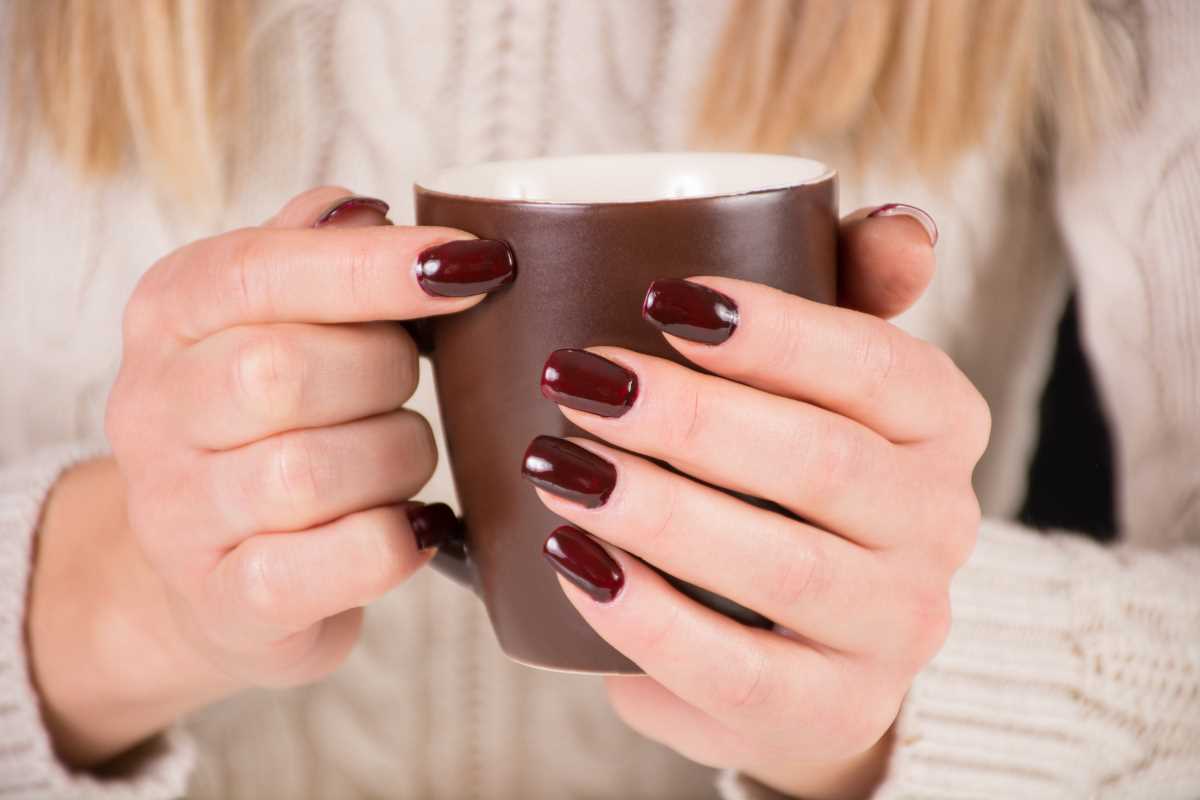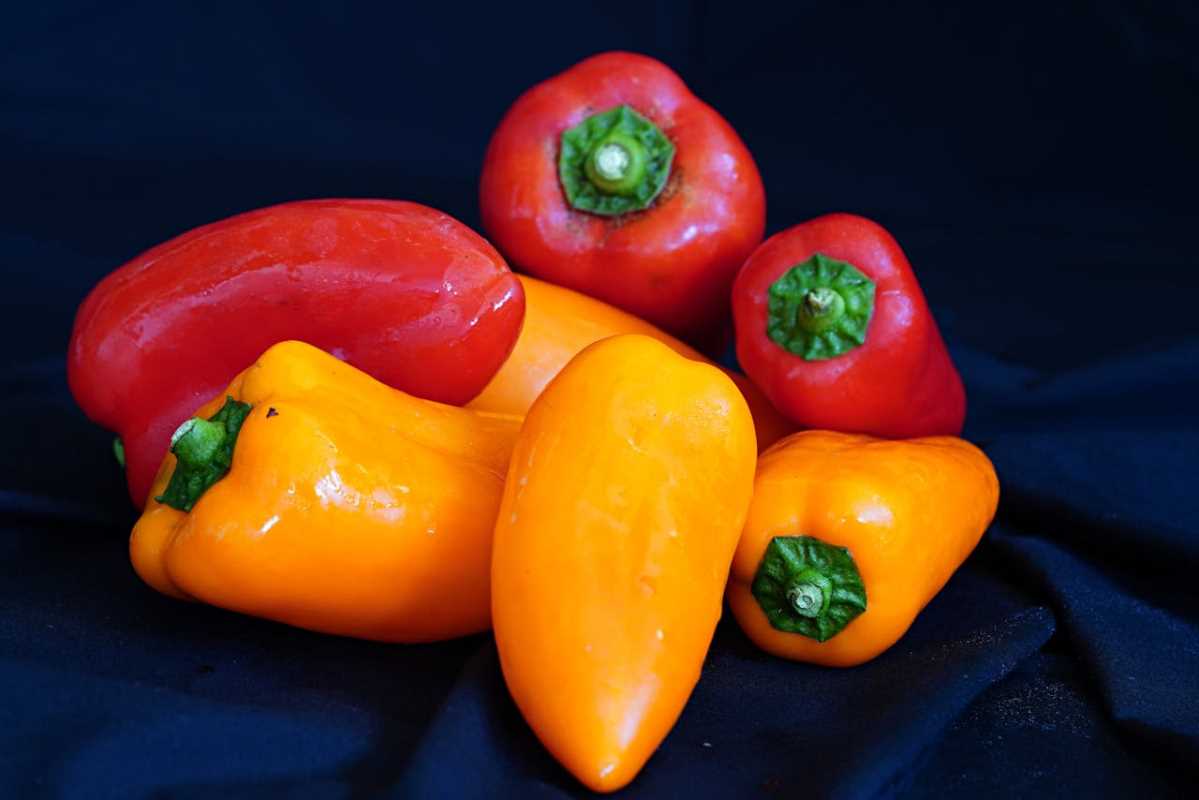That first cup of coffee in the morning often feels like a necessity, a simple switch to flip your brain from “off” to “on.” Many of us chug it down without a second thought while rushing through our morning routine. What if that daily cup could be more than just a caffeine delivery system? Your morning coffee ritual holds the potential to be a moment of genuine pleasure, a small act of self-care that sets a positive tone for your entire day. Transforming this habit into a mindful practice can enrich your life in surprising ways. We’ve got you covered with a guide to help you appreciate the sensory, cultural, and personal aspects of coffee, turning your routine into a ritual you’ll truly cherish.
More Than Just a Beverage: Coffee as a Ritual
A routine is something you do automatically, but a ritual is an action performed with intention and awareness. Elevating your morning coffee from a routine to a ritual is about embracing the process and savoring the experience. This simple shift in mindset can have a profound impact on your well-being.
The Power of a Mindful Morning
Your morning sets the stage for the rest of your day. A frantic, rushed start can leave you feeling stressed and reactive. Creating a small, intentional ritual, like mindfully preparing and drinking your coffee, carves out a pocket of peace. This practice encourages you to slow down and be present, even for just ten minutes.
Focusing on the steps—the sound of the beans grinding, the aroma as the water hits the grounds, the warmth of the mug in your hands—is a form of meditation. It anchors you in the present moment, helping to quiet anxious thoughts about the day ahead. This simple act of mindfulness can reduce stress, improve your mood, and increase your overall sense of calm and control.
Creating a Personal Tradition
A coffee ritual is deeply personal. It is an opportunity to connect with yourself before the demands of the day begin. This could mean sitting in a favorite chair by a window, journaling while you sip, or simply enjoying the silence. It is a consistent, comforting practice that you can look forward to each day.
These personal traditions provide stability and a sense of grounding in our often-chaotic lives. They are small acts of self-care that reaffirm your own importance. By dedicating this time to yourself, you are sending a powerful message that your well-being matters. This simple, daily commitment can build resilience and foster a more positive relationship with yourself.
A Journey for Your Senses
Coffee is an incredibly complex and nuanced beverage, offering a rich sensory experience that we often overlook in our haste. Engaging your senses of smell, taste, and even sound can transform your daily cup into a moment of pure delight. We’re here to help you explore this sensory world.
Unlocking the World of Aroma
Your sense of smell is intricately linked to memory and emotion. The aroma of coffee is one of its most powerful and appealing qualities. Before you even take a sip, take a moment to inhale deeply. What do you smell? Different coffee beans, depending on their origin and roast level, can have a wide range of scents.
You might notice floral notes, like jasmine or rose. Other coffees might have fruity aromas, like blueberry or citrus. Some have nutty or chocolatey scents, reminiscent of almonds or dark cocoa. Paying attention to these aromas deepens your appreciation and enhances the overall tasting experience. It’s like a mini-aromatherapy session to start your day.
Exploring the Complexities of Flavor
Just as with wine, coffee has a vast spectrum of flavors. The taste of your coffee is influenced by where it was grown, how it was processed, and the way it was brewed. Learning to identify these flavors is a fun and rewarding skill. The "Specialty Coffee Association" has a flavor wheel with over 100 different taste descriptors.
Start by trying to identify broad flavor categories. Is your coffee sweet, bitter, or acidic? Acidity in coffee is often described as a bright, tangy quality, not a sour one. As you pay more attention, you might start to notice more specific notes. Does the sweetness remind you of caramel or honey? Is the fruitiness like a crisp apple or a ripe berry? This practice of mindful tasting makes each cup a new adventure.
Elevating Your Home Brewing Game
You don't need to be a professional barista to make a fantastic cup of coffee at home. With a few simple upgrades and a bit more attention to detail, you can dramatically improve the quality of your brew.
It All Starts with the Beans
The single most important factor in a great cup of coffee is the quality of the beans. Pre-ground coffee loses its flavor and aroma quickly. The best step you can take is to buy whole beans and grind them yourself right before brewing.
Explore local roasters in your area. They often offer freshly roasted, high-quality beans and can provide valuable information about where the coffee comes from. Don't be afraid to ask for recommendations. Tell them what flavors you typically enjoy, and they can guide you toward a bag of beans you will love.
Finding Your Perfect Brewing Method
The way you brew your coffee has a huge impact on the final taste. There are many different methods to explore, each with its own unique character.
- Pour-Over: Methods like the V60 or Chemex give you a great deal of control over the brewing process. They tend to produce a clean, bright, and nuanced cup that highlights the delicate flavors of the coffee.
- French Press: This immersion method is known for producing a full-bodied, rich, and robust cup. Because it uses a metal filter, more of the coffee's natural oils end up in your mug, creating a heavier mouthfeel.
- Aeropress: A favorite among coffee enthusiasts, the Aeropress is versatile, fast, and easy to clean. It uses air pressure to brew a smooth, low-acidity coffee that can be enjoyed as is or diluted to your preference.
Experimenting with different brewing methods is part of the fun. You might find that you prefer a pour-over on lazy weekend mornings and a quick Aeropress on busy weekdays.
The Little Things That Make a Big Difference
Once you have good beans and a brewing method you enjoy, a few other details can take your coffee to the next level.
- Water Quality: Your coffee is over 98% water, so the quality of your water matters. Filtered water is ideal, as it removes chlorine and other impurities that can negatively affect the taste.
- Water Temperature: The ideal water temperature for brewing coffee is between 195 and 205 degrees Fahrenheit. Water that is too hot can scorch the grounds, leading to a bitter taste, while water that is too cool will result in a weak, under-extracted cup.
- Coffee-to-Water Ratio: The proportion of coffee to water is key to a balanced brew. A good starting point is a 1:16 ratio, meaning 1 gram of coffee for every 16 grams of water. A simple kitchen scale can help you be consistent and achieve great results every time.







